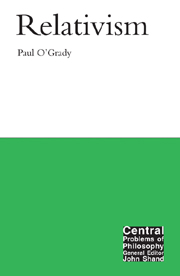Preface
Summary
Philosophy is an abstract and theoretical discipline. Because of this, many outside it (and not a few within it) think that it has little impact on the everyday life of people. This has been especially accented in recent years, as increasing standards of professionalization mean that philosophers tend to write explicitly just for others in their field and leave the general public in the dark. Nevertheless, philosophy has always had an impact on human culture, shaping currents and tendencies, supplying ideologies, vocabularies and concepts and offering ideals that penetrate to all aspects of society. For example, the works of Aristotle and Aquinas influenced a great number of people over many centuries through the mediation of the Catholic Church. The dialectics of Hegel, turned on their head by Marx, reached a multitude through various socialist movements. The existentialists' analysis of nihilism, meaninglessness and boredom pervaded the literature and cinematic culture of the twentieth century. But what sort of impact could the work of contemporary analytical philosophy have, when at least one critic has noted, “Linguistic philosophy corrupts no one. What it does do is bore them” (Gellner 1959: 218)? Now this is unfair, because the levels of abstraction and sophistication found in analytical philosophy can be found in most of the works of the great philosophers. While it may not immediately seem clear how such technical work might have cultural repercussions, history shows that material just as abstruse has had such an effect. Recent philosophical investigations of relativism seem to be a case in point.
- Type
- Chapter
- Information
- Relativism , pp. ix - xiiPublisher: Acumen PublishingPrint publication year: 2002

